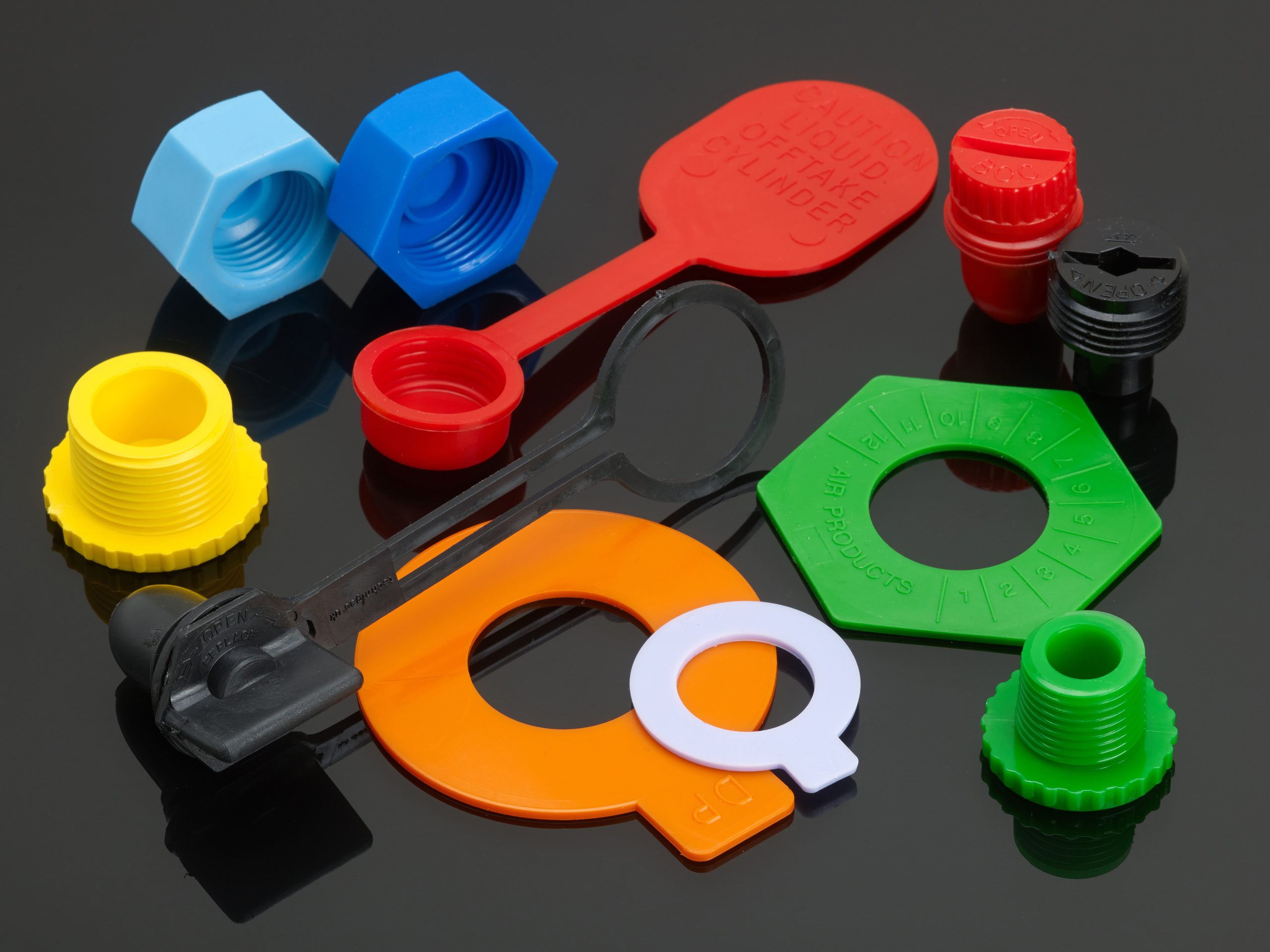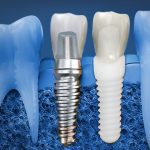In some operating environments, plastic gears require no lubrication. In fact, they are more likely to tolerate moderate stress levels well within their materials rating and have built in resiliency.
However, engineers need to understand special factors that are unique to plastic gears. These include thermal expansion and the tendency of certain plastics to absorb moisture causing swell.
Strength
Most gears made of plastic are manufactured from crystalline engineering plastics such as acetal resins and nylon or a nylon / acetal copolymer (MC Nylon, Duracon). The physical and mechanical properties of these materials differ significantly. Standardized tabular data is available from manufacturers’ catalogs.
Plastics have a higher tendency to absorb moisture and swell which can affect their modulus of elasticity, strength and fatigue resistance. These factors must be taken into consideration when designing a plastic gear.
Because of their low levels of vibration, plastic gears do not resonate and are therefore ideal for use in environments where noise must be kept to a minimum, such as factories and industry.
Durability
Plastic gears are one of the most common specialized components that you can find in a variety of machinery, automobiles and household appliances. They can be molded in various shapes and sizes to suit a wide range of applications.
The most common engineering plastics used in a plastic gear include Duracon with milky white color (polyacetal resin) or MC nylon which is essentially polyamide resin. These polymers are corrosion resistant and able to operate with minimum or no lubrication.
They also offer good fatigue resistance and excellent mechanical properties over a broad temperature range. They are also lightweight, quiet and have vibration absorbent capabilities.
Lightweight
Plastic gears perform well under a variety of conditions that challenge metal gears. They can resist high temperatures, humidity and chemicals that corrode metal. They also transmit power with less transmission error, are quieter and require no lubrication.
Plastic gears are often injection molded from polymer resins such as POM (acetal), ZYTEL*, MC nylon, and NYLATRON*. Standardized tabular data is available from plastics manufacturers in units customarily used in the U.S.
Flexibility
Plastic gears are used in a wide variety of applications from machines to household appliances. They are often molded to shape, making them more flexible and versatile than metal gears.
Engineered plastics such as polyacetal (POM), acetal copolymer, nylon and others provide excellent mechanical properties and fatigue resistance over a broad range of temperatures. They also possess a greater degree of compliance that allows them to absorb shock and vibration.
Because of this flexibility, many gear geometries that would be difficult to machine in metal are molded in plastic to reduce drive size and cost. Despite this, they still offer some limitations.
Chemical Resistance
Plastic gears are generally chemically resistant. However, acetal and nylon are susceptible to dimensional creep (dependent on duty cycle and temperature) and require lubrication.
Plastics are also less sensitive to moisture than metals, allowing them to be used in applications with harsh or damp environments. They can even withstand harsh chemical washdowns that would degrade or corrode metals.
The flexibility of plastics allows them to absorb and disperse impact loads, which reduces noise. They are also more forgiving than metal gears, which can deflect and distribute localized load effects such as tooth misalignment or abrasion.
Corrosion Resistance
Plastic gears are resistant to corrosion, especially in wet environments. They do not rust or decay and they do not react with most chemicals that come into contact with them.
Plastics also have low coefficients of friction and can be made self-lubricating by using friction modifiers. This eliminates the need for external lubrication, saving money and making it easier to maintain and clean equipment.
Popular plastics for gears include acetal resins such as Delrin and Duracon M90; nylon resins such as ZYTEL, NYLATRON and MC Nylon and acetal copolymers such as Celcon. Their physical and mechanical properties vary with regard to strength, rigidity, dimensional stability, fabrication requirements, lubrication requirements and moisture absorption. Standardized tabular data is available in most manufacturers’ catalogs.
Noise Reduction
Plastic gears are quiet because of their sliding contact and because they don’t generate friction. However, they do transmit noise caused by profile errors such as involute tooth shape error and high meshing excitation.
GE-Plastics is working to reduce the noise of plastic gears through careful design from the get-go. The company uses a system approach to design that combines traditional mesh analysis and strategies specific to plastics, such as a molded gear for the base of a transmission or a metal insert with generous radii to avoid stress concentration.


